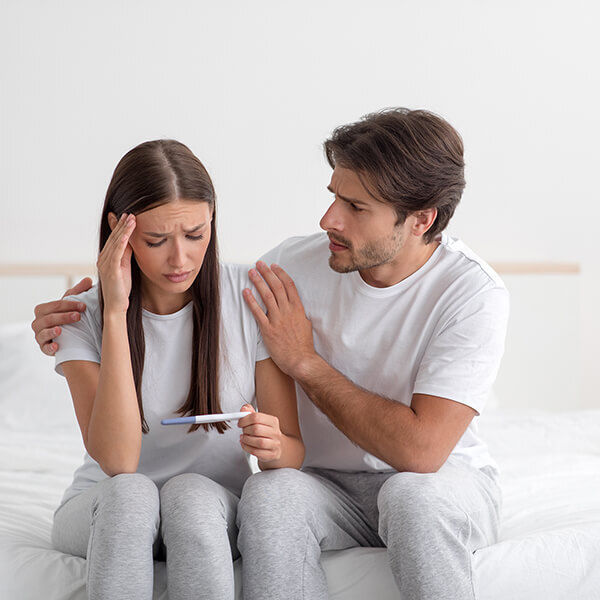
Sexual dysfunction refers to ongoing problems with desire, arousal, orgasm, or pain during intimacy. These issues can affect confidence and strain relationships.
Need support? Visit the DOXXES store on North Freeway / Little York for helpful products and discreet, compassionate service.
What Is Sexual Dysfunction?
Sexual dysfunction includes any challenge during the sexual response process—whether it’s low interest, trouble getting aroused, painful sex, or difficulty climaxing.
Common types include:
- Low libido
- Arousal problems
- Pain during sex (superficial or deep)
- Difficulty reaching orgasm
Why Does It Happen?
Emotional causes:
- Stress or burnout
- Anxiety or depression
- Relationship conflict
- Past sexual trauma
Physical causes:
- Hormone changes (e.g., menopause, low testosterone)
- Infections (UTIs, yeast infections)
- Pelvic floor issues
- Diabetes or thyroid disorders
- Side effects from medication
Often, both mental and physical factors combine to cause symptoms.
Spotting Triggers
Examples of sexual dysfunction:
- Low interest in sex
- Trouble staying aroused
- Pain during or after intercourse
- Inability to climax
Tips to notice patterns:
- Keep a journal of moods and symptoms
- Track when symptoms start (stress, timing, lubrication, positions)
- Try adjusting variables—use lubricants, change timing, reduce pressure
Who Is Affected?
Sexual dysfunction can affect anyone—women, men, and nonbinary individuals.
- Men may face erectile or ejaculation issues
- Women may experience dryness, pain, or low interest
- Partners may feel distant or unsure how to help
It can lower self-esteem and affect intimacy for both people in a relationship.
How a Therapist Can Help
- Explore past experiences and emotional blocks
- Help identify stress, anxiety, or trauma triggers
- Provide tools to rebuild communication and trust
- Offer a safe space to talk through intimacy concerns
Ways to Manage It
Treatment options:
- Therapy: Talk therapy or sex therapy
- Medical care: Medications for desire or hormone balance
- Exercise: Pelvic floor training, yoga, and breathing work
- Lifestyle: Stress reduction, movement, and sleep

How DOXXES Can Help
At DOXXES, you’ll find:
- Water-based lubricants
- Pelvic floor tools
- Gentle massagers and vibrators
- Prostate wellness tools
These items can ease pain, increase comfort, and support therapy goals. All include safe-use instructions.
Talking to Your Partner
- Start with how you feel (“I feel uncomfortable when…”)
- Don’t blame—invite them to learn with you
- Choose a quiet, low-stress time
- Read trusted resources together
- Seek support if you feel overwhelmed
Visit DOXXES on North Freeway / Little York
Our store offers a warm, non-judgmental space where you can ask questions and find helpful wellness products. Our team provides respectful, private guidance.
Conclusion
Sexual dysfunction is common—and treatable. With open communication, helpful tools, and expert care, you can restore connection and confidence. DOXXES is here to support your journey.
FAQs
- What is sexual dysfunction?
It’s any issue with desire, arousal, orgasm, or comfort during intimacy. - Can I get help at North Freeway / Little York?
Yes. We provide support for all genders and orientations. - What causes it?
Stress, aging, hormone changes, health conditions, or medications. - Is it treatable?
Yes. With the right care, most people improve. - Can both partners be affected?
Yes. Intimacy is a shared experience—both may feel impacted. - Is sex therapy available?
Yes. We offer referrals to trusted professionals. - Are medications helpful?
Yes. Hormone therapy or desire-enhancing treatments are available. - Does age make it worse?
It can, but support and treatment can help at any stage. - Is it embarrassing to ask for help?
No. Your health and comfort matter—it’s okay to speak up. - Do you provide follow-up care?
Yes. We offer ongoing support, check-ins, and medication reviews.
